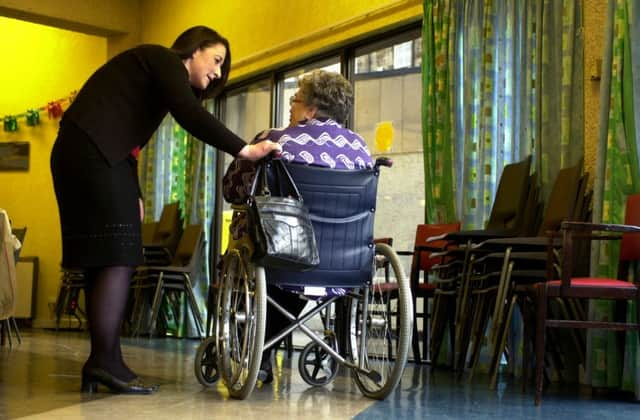People with dementia need better support


Unfortunately, most funding for supporting people with dementia is currently focussed on end-stage care rather than proactive risk reduction, assessment, and earlier diagnosis. We need a fundamental change across society in how we approach dementia, to prevent a bleak future where older people at risk of dementia and their families are severely challenged in an unfriendly and confusing world.
Initial steps have already been taken in Scotland – where diagnosis rates are among the highest in the UK – but thereafter there is a need for a “community wrap-around” which would see schools, employers, care providers and agencies acting together to increase awareness and support, and gain a better understanding of ways to reduce our own risks of developing dementia.
Advertisement
Hide AdAdvertisement
Hide AdThe “community wrap-around” would include greater dementia awareness in the workplace, with employers engaging in risk reduction and education, along with dementia-literate working environments that cater to the extra demands faced by family carers.
Our schools could educate children on the issues that people living with dementia may face and how to support them – an important step to removing stigma and creating a wider dementia-inclusive community.
We also need to establish the right health and care pathways to ensure individuals and their families are supported from diagnosis until the final stages years later. Through our partnership with Dementia UK we have just appointed Scotland’s first Admiral Nurses to help achieve that.
These are specialist dementia nurses who support families and work to ensure the needs of people with dementia are addressed in a co-ordinated way. This helps to reduce contact time with GPs and social workers, and avoid unnecessary hospital admissions. These nurses will support people with dementia who live in our care homes and in the wider community, regardless of whether they are our customers.
• Professor Graham Stokes is Bupa global director of dementia care
SEE ALSO